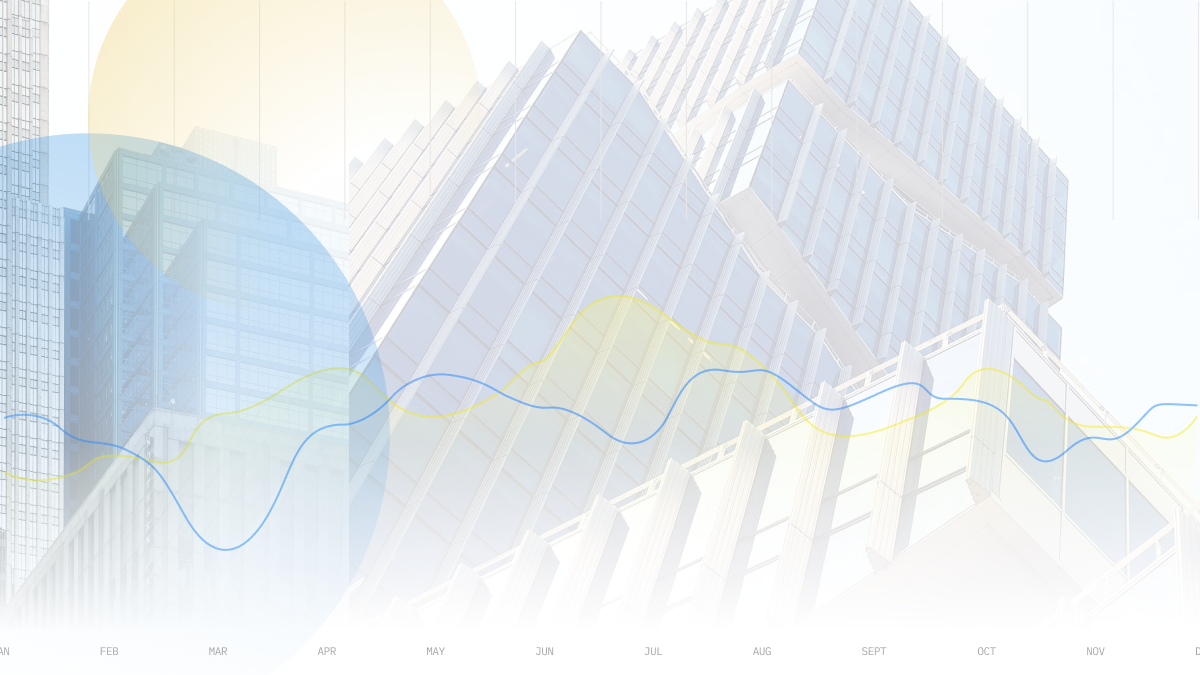




January Economic Update: Growth slows, prices rise
 DOWNLOAD
DOWNLOAD

Inflation Update: Up, up, and away?
 DOWNLOAD
DOWNLOAD

Quarterly Economic Growth Release: Growth takes on a slower pace
 DOWNLOAD
DOWNLOAD



POLL-Indonesia’s central bank focused on growth, in no rush to raise rates
By Vivek Mishra
BENGALURU, Nov 16 (Reuters) – Indonesia’s central bank will wait until the end of next year before raising interest rates as it tries to aid the economic recovery from the COVID-19 pandemic, keeping a close watch on any U.S. Federal Reserve policy moves, a Reuters poll found.
Since the pandemic started, Bank Indonesia (BI) has cut interest rates by a total of 150 basis points and allowed banks to issue loans for the purchase of vehicles and properties without requiring a down-payment to support demand.
With the economic recovery still in its early stages and inflation below 2%, BI is expected to hold its benchmark seven-day reverse repurchase rate IDCBRR=ECI at a record low 3.50% at its Nov. 18 meeting and freeze it until the third quarter of next year.
But it is forecast to raise that rate by 25 basis points to 3.75% in the last quarter of 2022, around the same time the U.S. Federal Reserve’s hiking cycle is expected to get underway.
“With the debilitating third wave of the coronavirus pandemic taking a heavier-than-expected toll on economic activity, the central bank remains mindful of the fact the fragile recovery needs every support possible,” said Kunal Kundu, an economist at Societe Generale.
Robust exports led Indonesia’s gross domestic product growth in the third quarter, cushioning the impact of a deadly wave of COVID-19 infections in July-August, and are seen further powering the country’s economic recovery.
Indonesia, a major commodity exporter, has reported monthly trade surpluses for 18 months in a row on commodity price rises. Those surpluses have helped make the rupiah IDR= one of emerging Asia’s best-performing currencies.
Still, a lot will depend on the Fed’s first rate hike and on how the U.S. dollar performs next year. Money markets are pricing a first rate increase by July and a high likelihood of another by November next year. FEDWATCH
Bank Indonesia will be under pressure to deliver a rate hike if a more hawkish Fed results in a sharp rupiah depreciation.
“With the Fed moving toward reducing monetary accommodation and tapering asset purchases in Q4, we continue to see Bank Indonesia attempting to buffer the currency against capital outflow risks by commencing its tightening cycle next year,” said James Sweeney, chief economist at Credit Suisse.
“But our more constructive outlook for the external balances and increased BI government bond purchase plans mean we have pushed out our expectation of BI’s policy rate normalization to H2 2022.”
BI’s neighbouring central bank in the Philippines is expected to wait more than a year before raising rates but also not to veer too far off the Fed’s expected policy tightening path. PH/INT
(Reporting by Vivek Mishra Polling by Devayani Sathyan and Md. Manzer Hussain Editing by Ross Finley and Mark Potter)
((Vivek.Mishra@thomsonreuters.com; Twitter: https://twitter.com/Reuters_Vivek))
This article originally appeared on reuters.com





 By Reuters
By Reuters